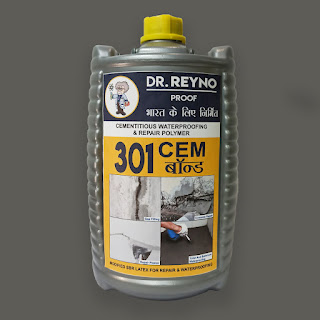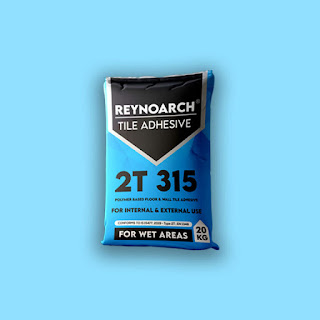What's the Difference Between Tile Cleaner and Tile Grout Cleaner?
Maintaining a clean and polished floor requires the right cleaning products. While both tile grout cleaners and tile cleaners are essential, they serve different purposes. Understanding their differences can help you choose the right product for your cleaning needs. What is a Tile Cleaner? A tile cleaner is designed to remove dirt, stains, and grime from the surface of tiles. It helps maintain the shine and cleanliness of tiles in kitchens, bathrooms, and other areas. Tile cleaners are generally mild and safe for regular use on various tile materials, including ceramic, porcelain, and stone. What is a Tile Grout Cleaner? Unlike tile cleaners, tile grout cleaner is specifically formulated to clean the grout lines between tiles. Grout is porous and tends to absorb dirt, mould, and stains over time. Regular tile cleaners may not be effective in removing deep-seated grime from grout. Tile grout cleaners contain stronger ingredients that penetrate deep into the grout to lift stains and re...



